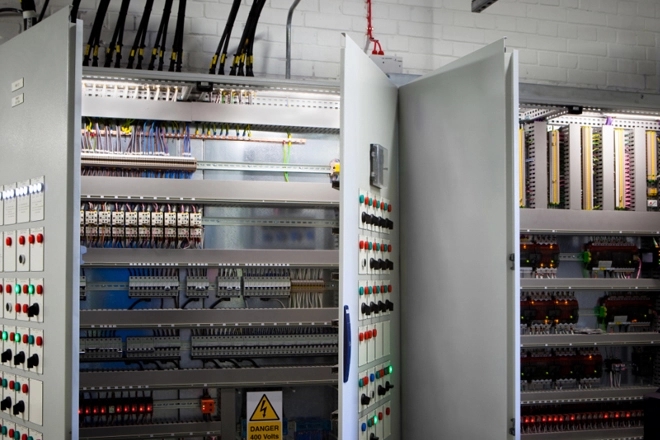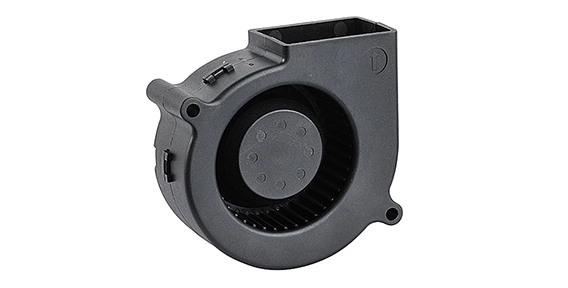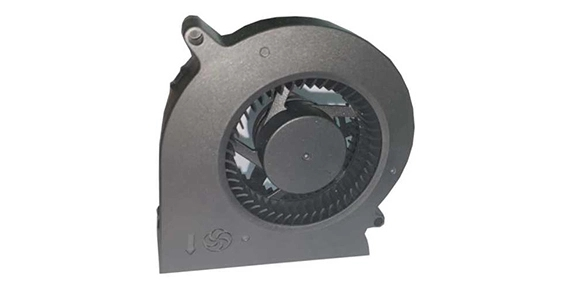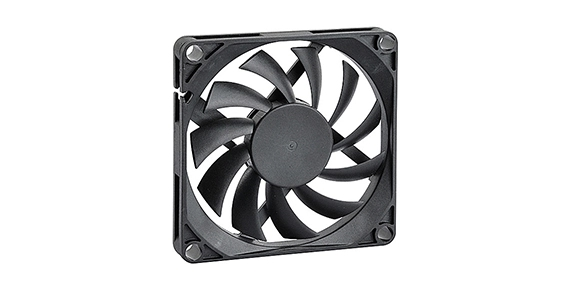In the realm of computing, the importance of efficient cooling cannot be overstated. Computer cabinet fans play a pivotal role in maintaining optimal operating temperatures, ensuring the longevity and performance of sensitive electronic components. In this exploration of various types of computer cabinet fans and their specifications, we delve into the intricacies of cooling solutions that keep modern systems running smoothly.
Introduction to Computer Cabinet Fans
At the heart of every robust cooling system lies the computer cabinet fan. These devices are designed to dissipate heat generated by internal components, preventing overheating and potential damage. Understanding the diverse types of cabinet fans is crucial for tailoring cooling solutions to the unique needs of different setups.

Computer Cabinet Fan: The Workhorses of Cooling Systems
The axial fan is a stalwart in the realm of computer cabinet cooling. Characterized by its straightforward design, axial fans draw air through the cabinet, expelling it in a parallel direction to the axis of the fan blades. This design is particularly effective for systems with high airflow requirements. The axial fan's efficiency stems from its ability to move a large volume of air, making it an indispensable component in cooling solutions for servers and high-performance computing rigs.
Axial fans find application in a myriad of scenarios, ranging from standard desktop computers to expansive server farms. Their versatility and reliability make them a cornerstone in the cooling arsenal, ensuring that even the most demanding computing environments maintain optimal temperatures. The key to their effectiveness lies in their ability to efficiently cool a wide range of components, from processors to storage drives.
Computer Cabinet Fan: Precision Cooling for Specialized Environments
In environments where precision cooling is paramount, centrifugal fans take center stage. These fans operate on a different principle compared to axial fans, as they draw air into the fan hub and expel it at a perpendicular angle to the axis of rotation. This unique design allows for targeted airflow, making centrifugal fans ideal for cooling specific components with varying thermal requirements.
Computer cabinet fans within axial fan applications equipped with centrifugal technology excel in scenarios where concentrated cooling is essential, such as graphics processing units (GPUs) or densely packed server racks. Their ability to maintain consistent airflow even in challenging layouts makes them a preferred choice for environments where space optimization is crucial.

Computer Cabinet Fan: Specifications to Consider
When selecting a computer cabinet fan, it is imperative to consider various specifications to ensure optimal performance. Airflow capacity, measured in cubic feet per minute (CFM), determines the fan's ability to move air. Additionally, static pressure, often measured in inches of water (inH2O), is crucial for systems with resistance to airflow, such as those with intricate ducting or dense component layouts.
Computer Cabinet Fan: Choosing the Right Fan for Your Application
Understanding the specific application of computer cabinet fans is pivotal in making an informed decision. Whether it's for a standard desktop setup or a data center housing multiple servers, tailoring the fan choice to the unique thermal requirements is essential. Consideration should be given to factors such as noise level, power consumption, and the overall thermal design of the cabinet.
In conclusion, computer cabinet fans, including axial and centrifugal variants, play a pivotal role in maintaining optimal temperatures within electronic systems. Whether cooling a personal computer or a complex server infrastructure, selecting the right fan with appropriate specifications ensures the longevity and reliability of the entire system. As technology advances, the importance of effective cooling solutions becomes even more pronounced, making the choice of computer cabinet fans a critical aspect of system design and maintenance.

 EN
EN 

 +
+
 +
+
 +
+



